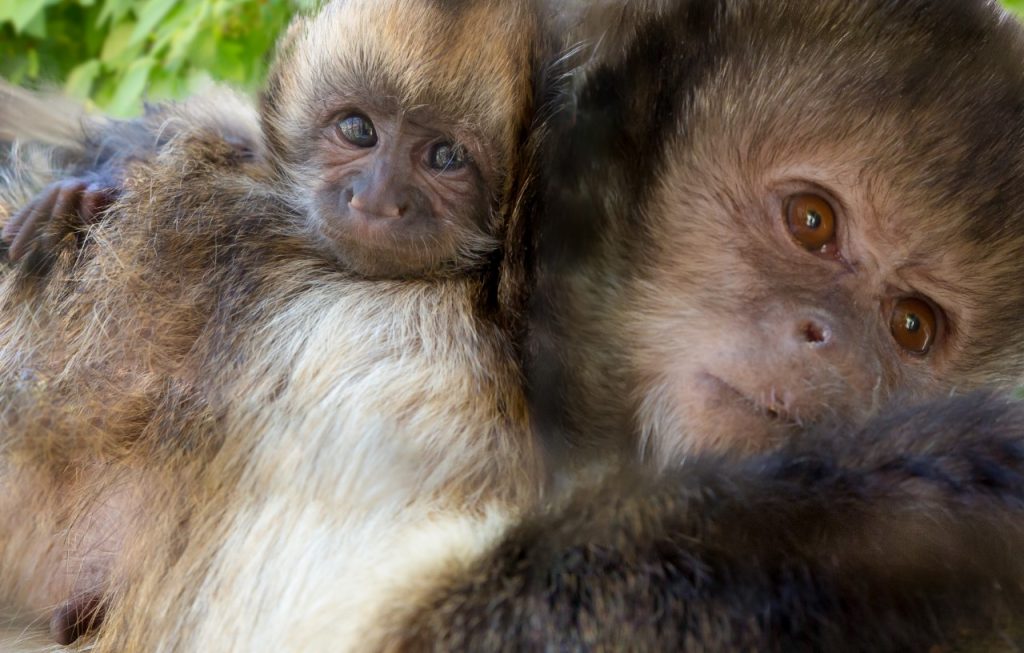Fecal sand output of African and Asian elephant offered psyllium
Citation
Peck R and Treiber K. 2019. Fecal sand output of African and Asian elephant offered psyllium. In Brooks M, Freel T, Koutsos E Eds. Proceedings of the Thirteenth Conference on Zoo and Wildlife Nutrition, Zoo and Wildlife Nutrition Foundation and AZA Nutrition Advisory Group, Saint Louis, MO.
Abstract
Consumption of sand by elephants can cause colic and potentiate gastric torsion, which may result in death. Psyllium is marketed to assist the passage of sand through the gastrointestinal tract (GIT) in horses and is applied to captive elephant management although results are inconsistent in the horse and not studied in elephants. This study offered psyllium to captive elephants (0.3 African, 2.1 Asian) to evaluate the effect on fecal sand output. From day 1-63, three fecal samples per species were collected and composited every Monday, Wednesday, and Friday. From day 75-91 sampling was increased to daily. Each elephant received 800-900g psyllium on days 15-21, 45-51, and 80-86. Fecal sand output was measured by suspending fecal material and water to separate organic material from the sand. For each sample dry matter (DM) of sand and a 50g subsample of feces was determined by microwave method. Based on published passage rates for captive elephants, psyllium effect (PSY) was assumed to begin 24 h after each psyllium dose and end 72 h after dosing ceased. Data is reported as median and interquartile range. Fecal sand output varied highly but no difference (P=0.38) was found between control (0.011 g/kg DM, 0.006-0.026 g/kg DM) and PSY (0.010 g/kg DM, 0.006-0.013 g/kg DM). This study did not find an effect of psyllium on fecal sand output. More effective and less costly methods of treating sand consumption in elephants should be explored.
 Peck.pdf 13 KB
Peck.pdf 13 KB








